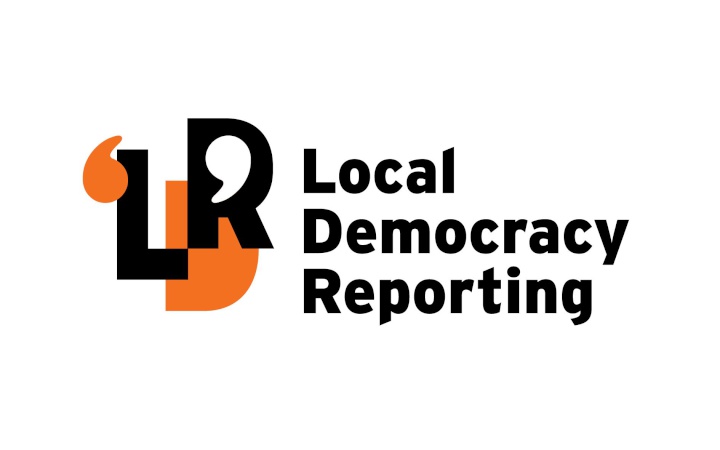Waimakariri Mayor Dan Gordon is calling for the Government to apply the brakes on the Fast-Track Approvals Bill.
While the Waimakariri District Council supports the intent of the legislation, it has called on the Government to ‘‘slow down’’ and reconsider its approach.
‘‘We agree there is merit in streamlining the multiple consenting and permissions processes that would apply under a range of legislation that are typically required for large and / or complex projects,’’ Mr Gordon said.
‘‘We also feel the purpose of the Bill should be amended and expanded to include provisions around safeguarding the environment, and recognising local knowledge, experience and priorities.
‘‘We certainly don’t want to lose local decision making.’’
He suggested the Government’s objectives could be achieved by amending the existing fast-track process under the Resource Management Act.
Submissions closed last month on the Government’s Fast-track Approvals Bill, which aimed to cut red tape for major infrastructure projects.
Mr Gordon also called for a moratorium on private plan changes while a District Plan was under review ‘‘to ensure the process is not undermined’’.
In the latest amendment to the Resource Management Act, developers of large infrastructure projects will be able to apply to the Government for a fast-tracked consent, bypassing the normal council consenting process.
An expert panel will be appointed to give recommendations, but ministers will make the final decision.
Mr Gordon said his council supported the clause for having a local representative on the expert panel to ensure local views were considered.
‘‘Applying local district knowledge would be advantageous to the decision making of ministers, and reflect local knowledge, priorities, and aspirations.’’
But the council believed the timeframe of 10 working days for parties, including councils, to provide comments was too short as it limited a council’s ability to consult stakeholders or seek professional advice.
In a submission on the Bill, Environment Canterbury said it supported the intent of the legislation.
However, it was concerned about reduced opportunities for public participation, reduced protection for mana whenua, political influence in decision-making and the impact on councils.
In granting power to government ministers to make the final decision, the legislation went against a fundamental principal of New Zealand’s democratic system, the regional council said.
‘‘Separation of powers acts as an important check and balance on the system by ensuring power is not concentrated within any single branch of Government.
‘‘This blurring of powers poses risks to the legitimacy of the fast-track process and a better approach would be to make the expert panels responsible for the decisions on applications.’’
The Hurunui and Kaikōura District Councils chose to endorse the Canterbury Mayoral Forum’s submission, rather than making their own.
Te Rūnanga o Ngāi Tahu has expressed concern the legislation could give ministers the ability to grant consents for projects which were inconsistent with the iwi’s Treaty of Waitangi settlements.



 Gordon Campbell: On The Left’s Electability Crisis, And The Abundance Ecotopia
Gordon Campbell: On The Left’s Electability Crisis, And The Abundance Ecotopia NZ Police: New Zealand Police team up with Z Energy, NZTA and ACC to remind Kiwis to drive safe this Easter
NZ Police: New Zealand Police team up with Z Energy, NZTA and ACC to remind Kiwis to drive safe this Easter NZCAST: NZCAST Leads Ongoing Cross-Agency Collaboration To Break Down Barriers For Survivors Of State Abuse
NZCAST: NZCAST Leads Ongoing Cross-Agency Collaboration To Break Down Barriers For Survivors Of State Abuse Regional and Unitary Councils Aotearoa: Regional And Unitary Councils Back A Practical FWFP System
Regional and Unitary Councils Aotearoa: Regional And Unitary Councils Back A Practical FWFP System NZ Government: Stay Safe On Our Roads This Easter
NZ Government: Stay Safe On Our Roads This Easter YWCA: Global Push Back Against Gender Equality A Growing Crisis In Aotearoa
YWCA: Global Push Back Against Gender Equality A Growing Crisis In Aotearoa Te Pāti Māori: Ngarewa-Packer - Fast-Tracking Seabed Mining Ignores Māori Opposition And Environmental Precedent
Te Pāti Māori: Ngarewa-Packer - Fast-Tracking Seabed Mining Ignores Māori Opposition And Environmental Precedent


